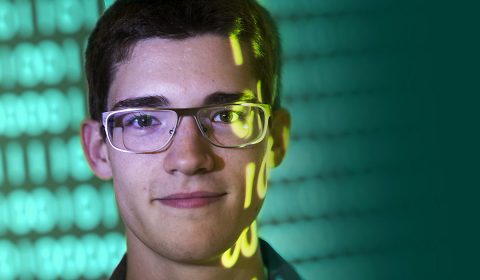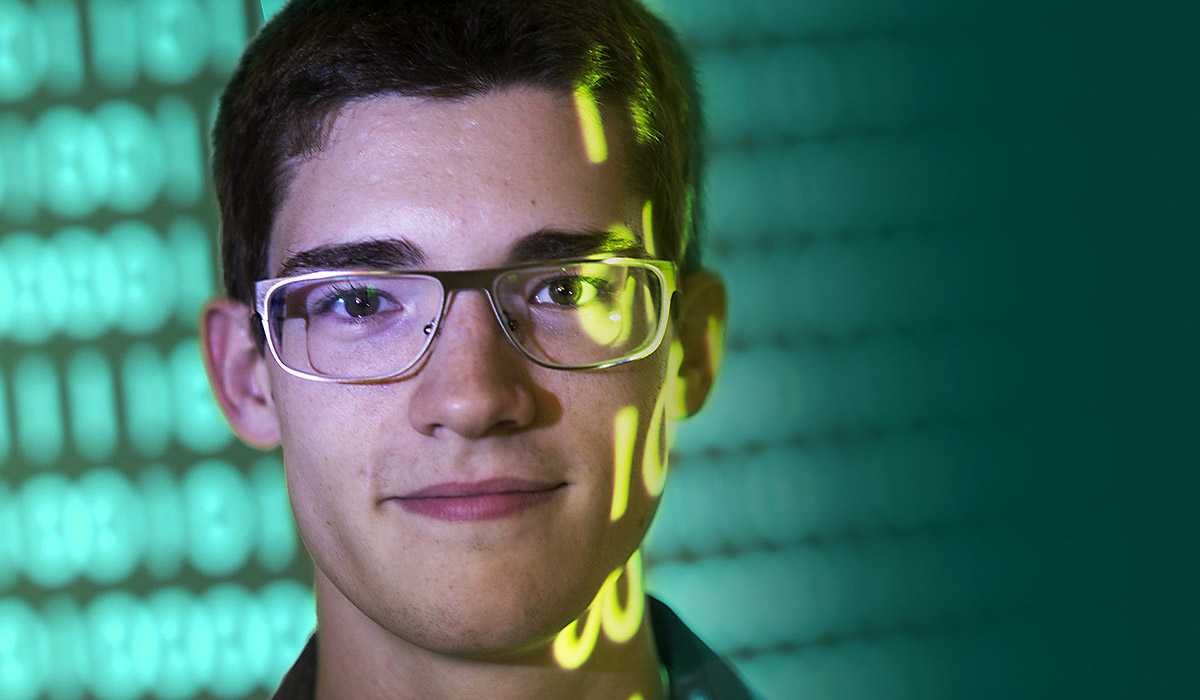 Clarksville, TN – The numbers, released earlier this year by the Pew Research Center, are a little disheartening. According to the center’s recent survey on online security, 64 percent of Americans “have personally experienced a major data breach,” and 41 percent of Americans “have encountered fraudulent charges on their credit cards.”
Clarksville, TN – The numbers, released earlier this year by the Pew Research Center, are a little disheartening. According to the center’s recent survey on online security, 64 percent of Americans “have personally experienced a major data breach,” and 41 percent of Americans “have encountered fraudulent charges on their credit cards.”
For government agencies and businesses, both large and small, the news doesn’t seem to be getting any better.

With Americans spending increasingly more time online, the demand for cybersecurity professionals has skyrocketed. The 2015 Job Market Intelligence Survey by Burning Glass Technologies found that “job postings for cybersecurity openings have grown 91 percent from 2010-2014.”
At Austin Peay State University, the Department of Computer Science and Information Technology has reworked its degree offerings to help supply businesses and governments with the skilled employees they need to counter this growing cybersecurity threat.
This spring, the department began offering a Bachelor of Science degree in Information Assurance and Security, commonly known as “cybersecurity,” where students take newly developed classes, such as “Ethical Hacking and Offensive Security” and “Intrusion Detection and Prevention.” The new concentration is part of a restructuring of the department’s old B.S. in computer science degree into three new degrees (a B.S. in computer science, a B.S. in computer information systems and a B.S. in computer information technology).
The department also expanded its Professional Science Master’s Degree (PSM) into a new Master of Science (M.S.) with three concentrations, including data management and analysis, predictive analytics and information assurance and security (cybersecurity).
“The trouble with the PSM, it’s a nice degree, but you had to keep telling people what it was,” Dr. Bruce Myers, chair of the department, said. “International students didn’t recognize it, and we’re recruiting international students heavily with this degree.”
As demand started to grow in the cybersecurity field, Myers and his colleagues developed connections with the cybersecurity community in Nashville Tennessee. The department’s faculty invited cybersecurity experts to campus to deliver lectures, and these individuals provided input for the new degrees.
“They really encouraged us to develop our programs,” Myers said.
These are the most significant changes for the department since the creation of the computer science and information systems degree in 1979, but Myers said they were needed to better meet the world’s growing demands for cybersecurity experts.
Information on the APSU Department of Computer Science and Information Technology is available online at www.apsu.edu/csci



